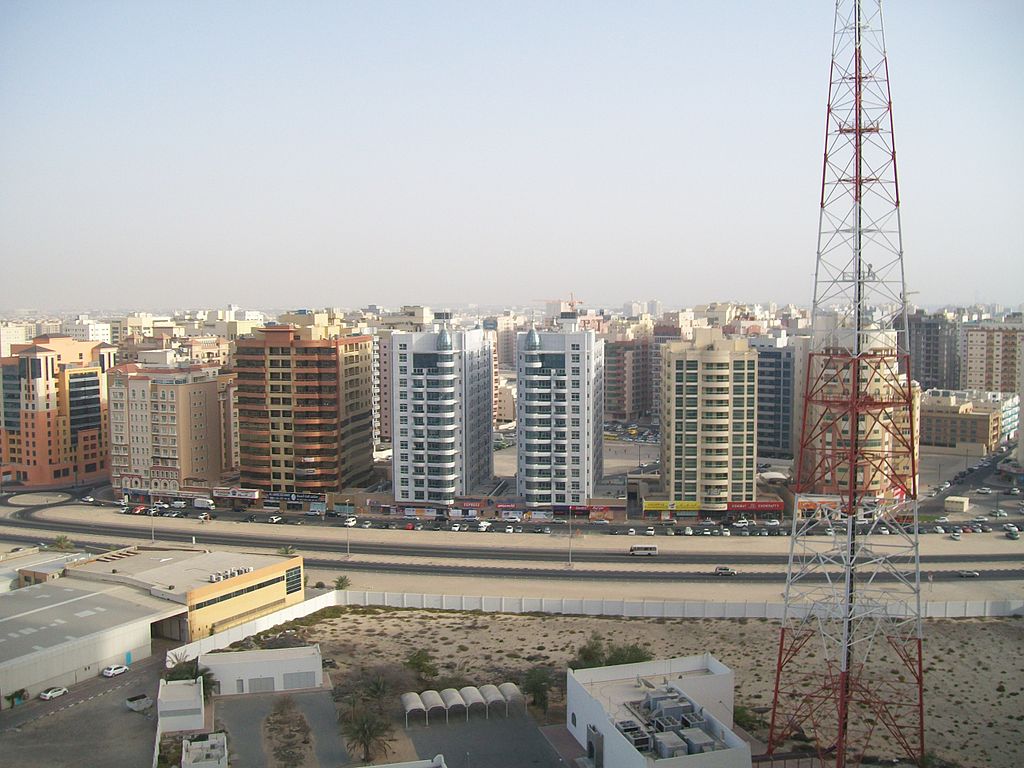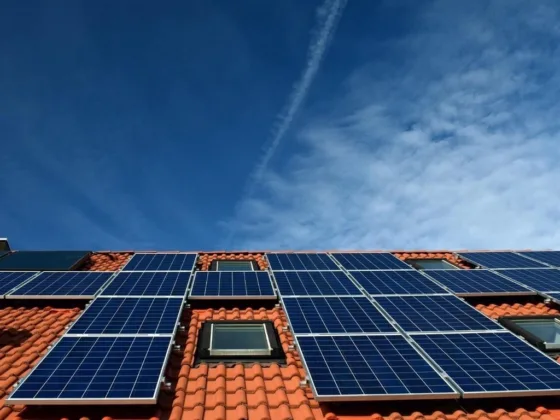You’ll need to consider several important things when choosing your first apartment. Beyond the property’s appearance and the features you need for a comfortable life, your decision should also benefit your financial health.
This is where the choice between buying and renting comes into play.

An apartment can be many things, but one thing you do not want it to be is a financial burden. Because people have varying needs and circumstances, this can mean different things for every individual.
If you’re not sure what to choose for yourself, you’ll probably need to brush up on what buying or renting an apartment entails. Lucky for you, this article summarises the five key things to consider when deciding between Dubai Festival City apartments for rent and for sale.
1. What It Means to Rent or Buy an Apartment
Before anything else, you need to understand what it means to rent or buy an apartment.
If you’re renting, you’ll have the freedom to move without much effort and expense when your lease ends. This means you don’t need to worry about selling the place.
However, renting also means you have no control over what the owner decides to do with the property. Whether they sell the property, turn it into something else, or even increase the rent to a much higher amount than you can afford, you’ll just have to go with it.
On the other hand, buying an apartment (a.k.a. homeownership) offers permanence and other intangible benefits. It comes not only with a sense of stability, belonging, and pride, but also the right to decide what happens to the property.
It does make moving around much more difficult and expensive, which means it is not the best choice if you’re a restless or nomadic type of person.
Read Also:
2. The Overall Cost vs. The Value You Get
In terms of overall cost, homeownership is usually more expensive than renting, even when the mortgage payment is the same as or lower than the amount of monthly rent.
An apartment rental usually comes with a standard monthly rate, which very rarely changes. In some cases, apartment costs are already included in this amount.
With homeownership, you will have to pay for your mortgage and regular bills, but you’ll also be responsible for the maintenance costs and other miscellaneous expenses that may arise.
Still, ownership offers the advantage of being an additional asset, which can benefit your financial portfolio. Just remember that real estate can become an illiquid asset, which means you won’t be able to exchange it quickly with cash without significant loss.
In terms of value, most people believe that homeownership is better. While that may be accurate for some cases, it’s wrong to assume that renting is just throwing away money.
Some people argue that owning offers better value to the point of mentioning that renting is just like “throwing away money.” But this is hardly the case. After all, you still get a place to live in, which always costs money, one way or another.
Sure, you may not be building equity when you pay your monthly rent, but not all your money spent on homeownership goes towards building equity anyway.
To sum up, there’s really no short answer as to which one is better in terms of cost and value. The clincher is in the specifics, which will be discussed in the succeeding items.
3. How Much You Can Afford to Spend
The next thing you’ll need to think about is your capacity to pay for the apartment.
For property purchases, think about how much you need to cough up for the down payment. For rentals, ask about how many months’ deposits the landlord requires.
Of course, it isn’t just about how much you can spend. You also need to factor in your unplanned expenses and accumulated debt.
Too often, people get so excited about making their dream home a reality that they end up overlooking these two. To avoid this, allow a maximum of 25 percent of your annual income for your mortgage payment or rent. This will bring your total debt to roughly 40 percent, mortgage plus other debts.
4. Your Short- And Long-Term Plans
Another significant factor that should be considered would be your short- and long-term plans.
Begin with the length of time you plan to live in the city. Travelers and other people who stay in different places for extended periods (e.g., for work) would benefit most from renting since moving are easier and less expensive.
On the other hand, those who intend to stay long-term – which should be at least three to five years – and find their current work favorable should consider investing in buying an apartment. This will ensure that they don’t take a loss once they decide to sell the property.
The longer you plan to stay in the same place, the better it is to buy a property since you’ll be recouping what you spent (if not reaping the rewards of real estate appreciation).
You also have the right to do as you wish to the property if you own it. Take note that some landlords or property managers allow renters to make some updates to an apartment provided it’s not something significant or may cause damage to the property.
5. Your Household Situation and Lifestyle
Your lifestyle and current household situation are two more critical factors to consider.
If you live with your family or are starting one, you may want to account for the kids who are or will be living with you. Homeownership is the ideal choice for families in most cases, though you still need to consider the other factors listed here.
For families with fur babies, renting may be a bit of a challenge since not all apartment complexes allow pets into the building. If they do, there is also a chance you’ll be required to pay for a pet deposit.
Of course, if you’re living alone and tend to move around quite a bit, spending more money on a property you will leave after a short time isn’t a practical choice.
The Choice is Yours
Choosing whether to rent or buy an apartment isn’t always about the money. You also need to factor in your level of comfort and plans for the future when making the decision.









